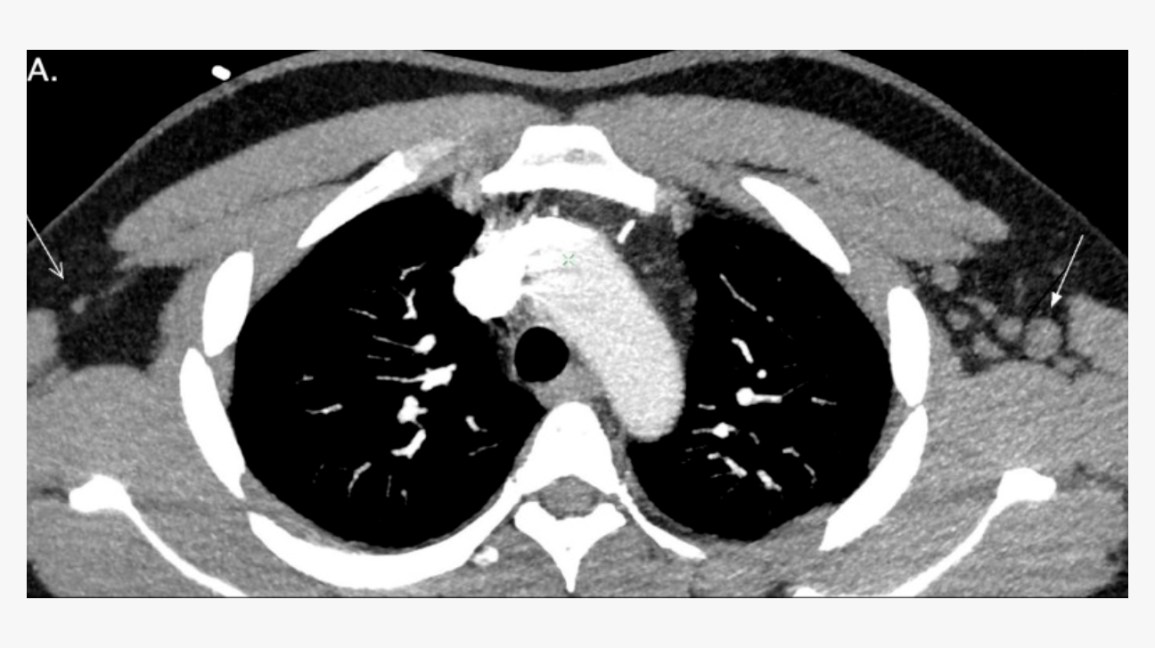
There are several types of swollen lymph nodes, and their symptoms can vary from person to person. Some people experience swelling and tenderness in these nodes; others experience pain and redness under their skin. Some patients experience the swelling in the area of the heart. If you suspect that you are suffering from enlarged nodes, you should seek medical treatment immediately. Symptoms will vary by location and cause, so a physician can prescribe the best treatment for your case.
Some medications can cause the nodes to swell. These include allopurinol, gold, quinidine, sulindac, and rifampin. In addition, some of these drugs can cause matting of the lymph nodes. If you have a swollen node, it is important to consult with your doctor as soon as possible. However, it is important to note that not all types of drugs can cause this condition. You should consult your doctor if your nodes are red or swollen.
An enlarged lymph node can be caused by many different causes. Infection, inflammation, or even cancer may be the culprit. If you suspect an infection, you should seek medical treatment immediately. If you have a fever, swollen lymph nodes should be checked to rule out any underlying disease. A doctor should be consulted to diagnose a specific disease. If you notice any swelling or redness in the nodes, you should get medical attention.
In some cases, the swelling of the lymph nodes is due to an underlying infection. Left untreated, it can develop into an abscess. An abscess is a collection of pus that contains fluid, white blood cells, dead tissue, and bacteria. The infection must be treated immediately to prevent the formation of matting, which is a dangerous complication of swollen lymph nodes.
There are many types of enlarged lymph nodes medications available on the market. Some of the more common ones include ibuprofen, quinidine, allopurinol, and sulindac. If you’ve noticed swollen lymph nodes, consult with your doctor to determine what type of symptom you’re suffering from. A swollen lymph node is a symptom of a bacterial infection, and it can be very difficult to treat.
A swollen lymph node can be caused by many different things, including an underlying condition or an underlying medical problem. In some cases, a swollen lymph node can be a symptom of an infection or a disease that has developed in the nodes. If your nodes are swollen, they could be due to an underlying problem or an autoimmune disease. In other cases, the swelling is due to a fungus or virus.
An enlarged lymph node is an indicator of an infection. It will take days for it to return to its normal size. If it’s a symptom of a more serious ailment, it will need to be investigated by a physician. You can also seek medical treatment for enlarged lymph nodes using home remedies. Listed below are some common swollen node medications. While they may not cause you to experience an enlarged lymph node, they can treat an underlying condition.
If you have swollen lymph nodes, you should consult your doctor immediately. It can be a symptom of a serious infection. If the node is swollen and tender, it could also be a symptom of a more serious condition. If the swelling persists, you should seek medical attention. If the nodes are red and tender, they may be a sign of a throat or mouth infection.
If you have a bacterial infection, you should take antibiotics and other treatments as soon as possible. You should not be on acetaminophen if your nodes are swollen because it can interfere with the proper functioning of your immune system. This medication can also make your nodes swell if you are taking other NSAIDs. You should consult your doctor to determine which medications are right for you.
There are many types of swollen lymph nodes. They may be a sign of an infection. They are small bean-shaped soft tissue nodules located in the armpits, neck, and groin. The most common nodes are in the armpits, but the enlarged lymph nodes may also occur in the chest and abdomen. The most common type of swollen nodes is localized lymphadenitis, which means the nodes are near the site of infection. Generalized lymphadenitis affects two or more groups of lymph nodes.
